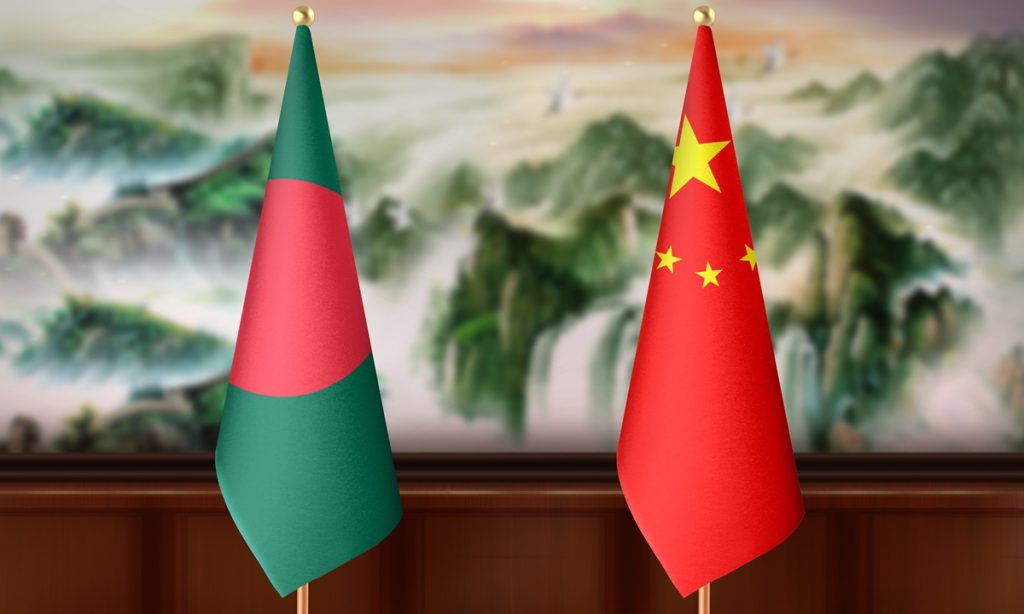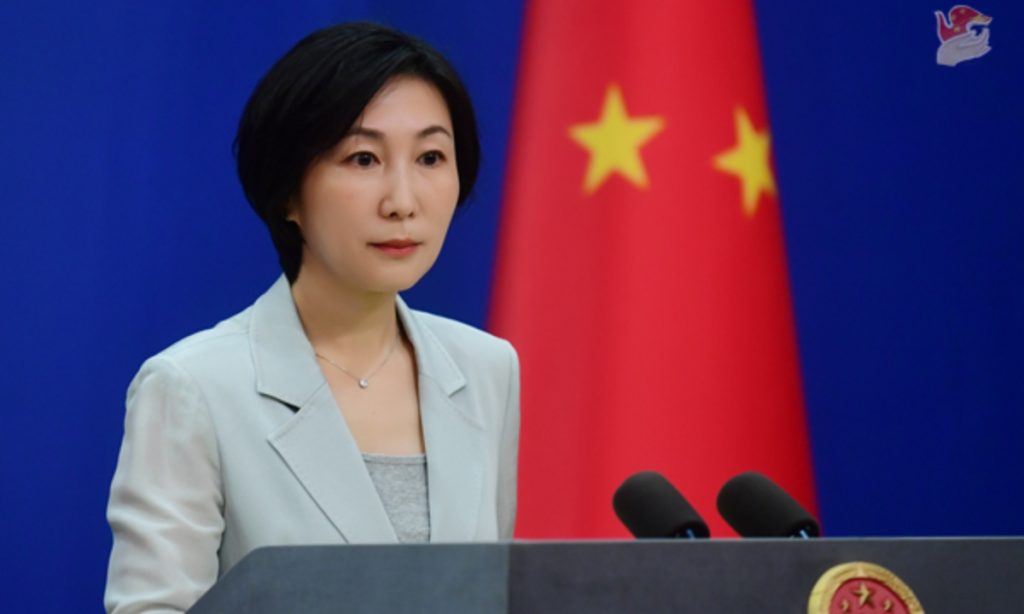China’s role in global governance highlighted at 61st MSC

Dubbed the "Davos of Defense," the 61st Munich Security Conference (MSC) officially opened on Friday. Observers noted that across a broad spectrum of discussions, China's role is attracting an ever-growing share of the interest.
The lobby of the Hotel Bayerischer Hof - the main venue of the three-day gathering - was transformed into a blur of suits and uniforms, as diplomats, politicians, military leaders, and experts come to engage in a "brainstorm" for global security challenges and potential solutions.
In the afternoon of the MSC's first day, Chinese Foreign Minister Wang Yi, also a member of the Political Bureau of the Communist Party of China Central Committee, took the stage at the conference hall of the hotel and delivered a keynote speech on "China in the world."
The world we live in is an increasing mix of turbulence and transformation. Many people are asking, where is it headed? China's answer is, we should work for an equal and orderly multipolar world, Wang said in his speech.
Well over 50 heads of state and government, 150 ministers from around the world, and heads of leading international organizations will gather from Friday to Sunday, noted an MSC email to journalists on Thursday. "We expect more than 800 participants from more than 110 countries and our program for the coming days consists of more than 350 sessions covering a broad array of topics," it reads.
Discussion of multipolarization
The MSC unveiled its Munich Security Report 2025, titled "Multipolarization," as a discussion starter for the conference.
The theme represents a significant, albeit reluctant, recognition by the collective West that the era of American unipolarity has come to an end, Warwick Powell, adjunct professor at Queensland University of Technology and former advisor to former Australian prime minister Kevin Rudd, told the Global Times.
Powell noted that the report openly acknowledges that power is now diffused among a greater number of actors, influencing key global issues in ways that unipolar decision-making cannot accommodate. The shift, while long predicted by some, has taken decades to be acknowledged within Western strategic thought, Powell said.
The question now is whether the West will fully embrace this new reality or continue to resist it through strategies of containment and competition, Powell added.
What has been more widely noticed by the observer than the theme multipolarization itself is a sense of anxiety brought by the new US administration in the Western world.
"We were being ripped off by European nations both on trade and on NATO. […] If you don't pay, we're not going to protect you," read a quote by US President Donald Trump in the report.
The report articulated that "the post-Cold War consensus that the US remained the unrivaled leader of the world, with deep interests in, and responsibility for, maintaining the international order, was already under pressure before the US elections," adding that the arrival of the new US government "buried it".
The new US administration, only a little over a month into office, has rolled out a series of protectionist measures, while showing no leniency even toward its allies, observers said. On Monday, the US raised tariffs on steel and aluminum imports on Monday to a flat 25 percent "without exceptions or exemptions." One day later, European leaders declared they would retaliate.
"European allies are bracing this week for the answer to a question they've been dreading to ask: Can they really count on the United States?" reads an article in Politico on Thursday. The "question" harbors a series of issues ranging from the new US attitude toward Europe to Washington's posture on the Russia-Ukraine conflict.
Europe is undergoing perhaps its most difficult period since the end of the Cold War, Sevim Dagdelen, a member of the German Bundestag since 2005 and foreign policy spokesperson of the group "Sahra Wagenknecht Alliance" (BSW, "Reason and Justice") in the German Bundestag, told the Global Times.
Dagdelen continued that on the one hand, Europe has, to its own detriment, allowed itself to be dragged into a self-destructive economic war against Russia and into bringing illegal sanctions against China; on the other hand, it is now itself becoming the target of an economic war waged by the new US administration and is supposed to continue paying for the war in Ukraine.
Wang Yiwei, director of Center for European Union Studies at Renmin University of China, who is attending the MSC, said that China's proposed vision of multipolarity emphasizes equality and order, directly countering the notion of a multipolarity that is inherently unequal and chaotic.
Growing attention to China's role
In his speech, Wang Yi stressed it is important to advocate equal treatment; respect international rule of law; practice multilateralism in the face of emerging global challenges; and pursue openness and mutual benefit.
Jiang Feng, professor of European Studies at the Shanghai International Studies University and president of the Shanghai Association of Regional and Country Studies, who is also attending the MSC, told the Global Times that an EU official sitting next to him praised China for voicing peace, emphasizing that such a stance is crucial in an increasingly complex international landscape and expressed hope that China would continue to uphold this position.
Jiang noted that given the rise of US isolationism - particularly under the America First approach of the new US administration - the international community is paying increasing attention to China's role in global governance, mutual development, and addressing key issues such as artificial intelligence and climate change, as well as growing expectation for deeper engagement and exchanges with China.
In terms of Chinese foreign minister's speech, Wang Yiwei observed two notable changes in the arrangements compared to last year.
First, only three figures were granted the stage for keynote speeches: Wang Yi from China, European Commission President Ursula von der Leyen, and US Vice President J.D. Vance. All other leaders take part in panel discussions instead of delivering standalone addresses.
Second, Wang Yi's speech was scheduled earlier this year. In previous years, his address took place on the second day of the conference, whereas this year, it is moved to the first day - putting China on the same stage with the US and Europe.
These arrangements speak volumes about China's growing significance and that Europe is having growing interests to hear China's perspective, Wang Yiwei added.
In addition to Wang's speech, China's former vice foreign minister Fu Ying will join the panel discussion "Making Waves: Maritime Tensions in the Indo-Pacific" on Saturday. Seven China-focused side events are taking place from Thursday evening through Saturday, covering a broad range of topics, including China's role in the Arctic, transatlantic policy approaches toward China, the rebalancing of China's national security strategy, and the implications of China-Russia cooperation.
Beyond the China-focused side events, Wang Yiwei observed that discussions on China permeated nearly every session on Friday. For instance, at a dedicated panel on energy this morning, where there was no Chinese speaker, China was still mentioned from time to time. It has become nearly impossible to have a conversation without touching on China - an unmistakable reflection of the country's growing influence across multiple domains.
In an age of profound global upheaval - marked by anxiety, uncertainty, and the urgent search for solutions - the world is turning to dialogue more than ever. And in these discussions, China is impossible to ignore and ever more widely expected to play a pivotal role, Wang Yiwei told the Global Times.







